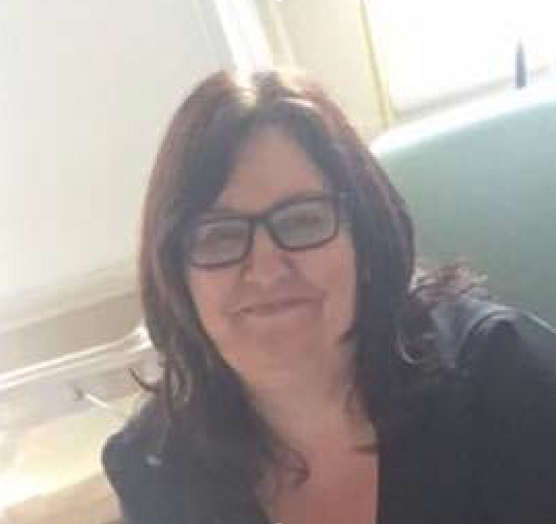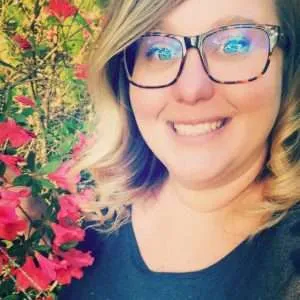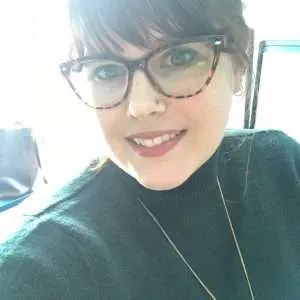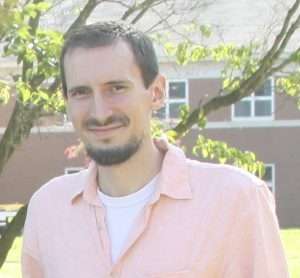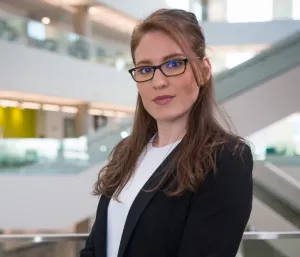Editorial Note:
This profile of Teresa Crew, PhD is brought to you through a partnership between Applied Worldwide and the British Sociological Association’s Applied Sociology Group. Thank you to BSA and all those who made valuable contributions to the Profiles in Applied & Clinical Sociology series.
This profile is presented as part of a larger project with the intentions of: 1) providing students with examples of applied sociology, 2) providing market value to sociological skills and services, and 3) promoting the work of individual sociological practitioners and organizations.
Teresa Crew, PhD
Teresa Crew began her applied sociology career by earning her B.A. in Criminology and Criminal Justice. She later went on to earn an M.A. Social Research and Social Policy and Ph.D. Social Policy. Her work focuses on “trajectories into and beyond [higher education]; diversity in academia, as well as inequalities relating to ‘Class’ and Gypsy Travellers.” You can connect with Dr. Crew on LinkedIn and Twitter.
Read the full interview with Dr. Crew on her work in applied sociology below!
Using Sociology in Practice
In general, how do you use sociology in practice?
I use sociology to help support people experiencing inequalities
How do you use sociological research methods in practice?
I focus on telling the stories of various disadvantaged groups. But I also bring them into my practice so I work with them rather than do research ‘on’ them.
How do you use sociological theory in practice?
I draw upon Yosso 2005, Bourdieu (various) as well as Vélez-Ibáñez and Greenberg (1992) to highlight the ‘funds of knowledge’ and capital of disadvantaged groups
Lessons for Future Practitioners
What types of courses should undergraduate students take in preparation for a career similar to yours?
- Basic and advanced Sociology
- Basic and advanced Social Policy
- A course that deals with Social problems
- A Criminology course
- Research methods
What types of courses should graduate students take in preparation for a career similar to yours?
- Advanced research methods
- A module that allows them to do a research project
What types of experiences should undergraduate students seek in preparation for a career similar to yours?
Listen to the experience of people who have different experiences from you. If you have a prejudice or bias, face it and ask why. Spend time understanding the issues they face.
Gain research and practitioner experience with local and national governments and charities, and private companies if possible to get the full range of employment experience
What types of experiences should graduate students seek in preparation for a career similar to yours?
Volunteering if possible with a wide range of organisations. I did not have the financial resources to volunteer extensively.
What texts or authors can people reference to learn more about the work you do as an applied or clinical sociologist?
Mills C. W . (1959 ). The Sociological Imagination. New York: Oxford University Press
Best, J. (2017). Social Problems. 3d ed. New York: Norton.
More generally, what are the best outlets to learn more about the work you do as an applied or clinical sociologist?
The world around you. Have a sociological imagination about the personal troubles and public issues
How would you describe the daily life of an applied or clinical sociologist?
Being curious, helping people, learning and educating
What advice do you have for aspiring applied and clinical sociologists?
Be curious and never think you “know everything.”

